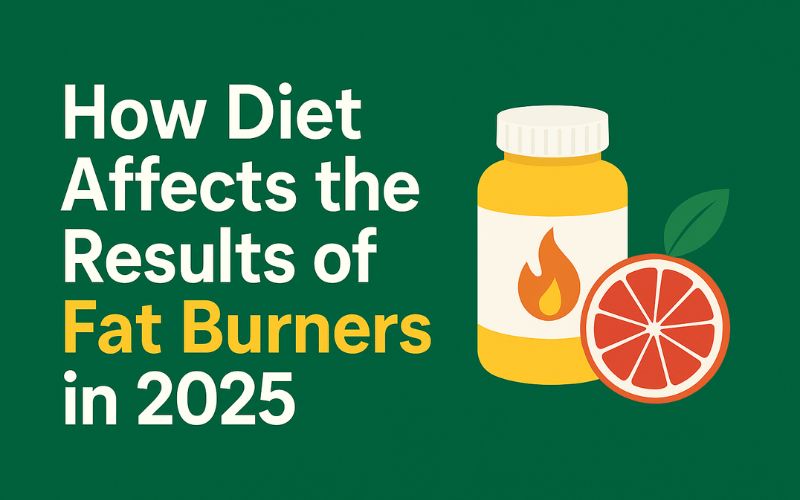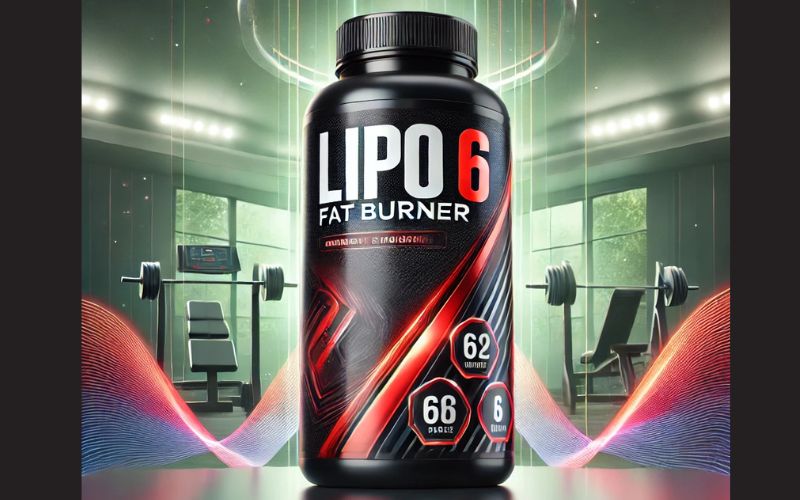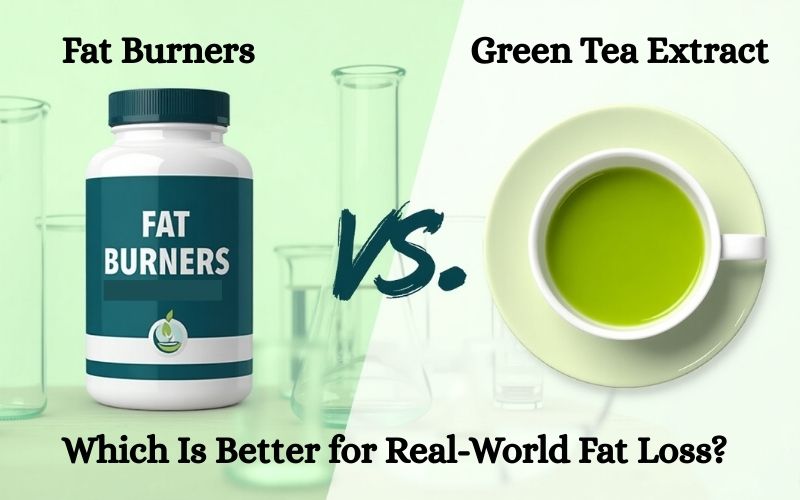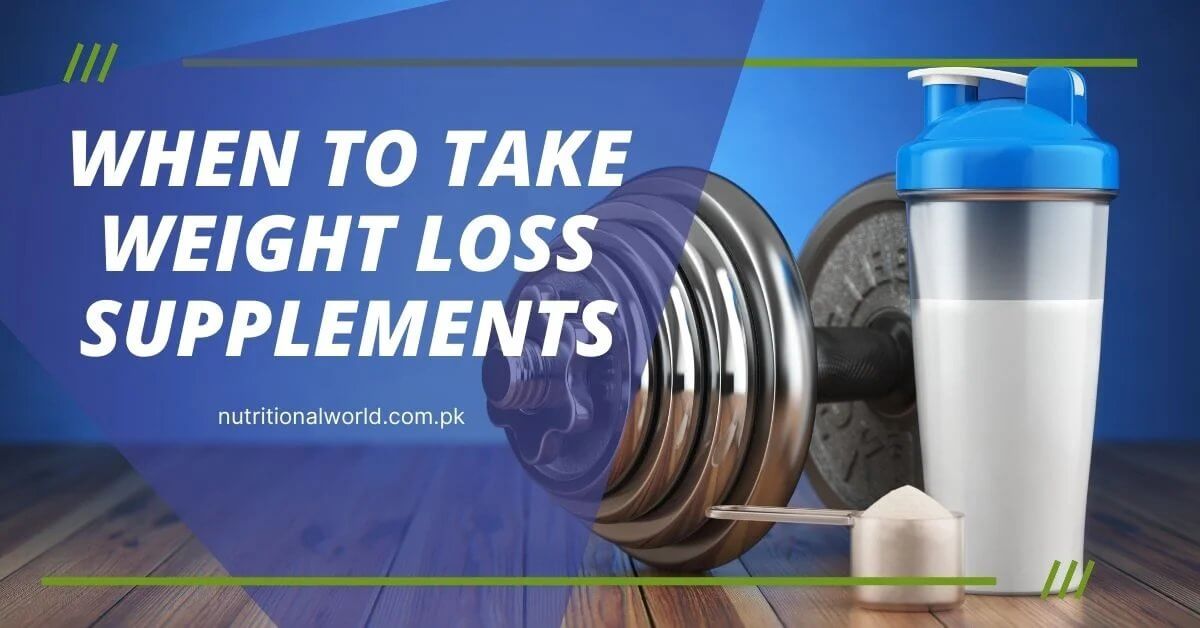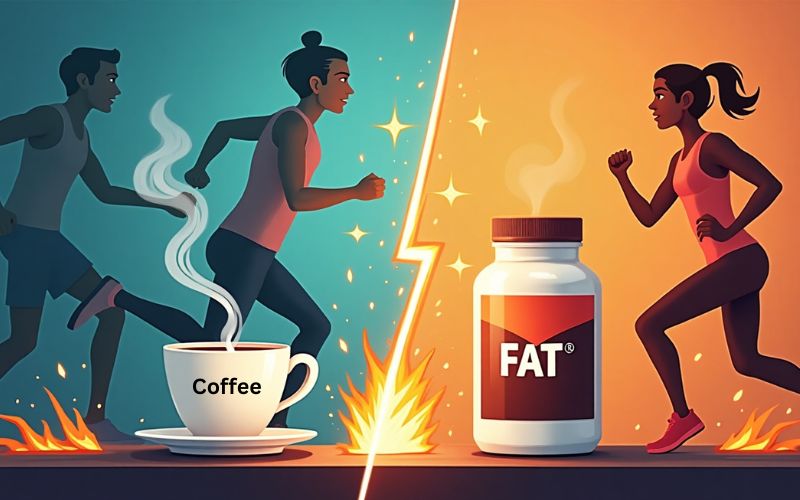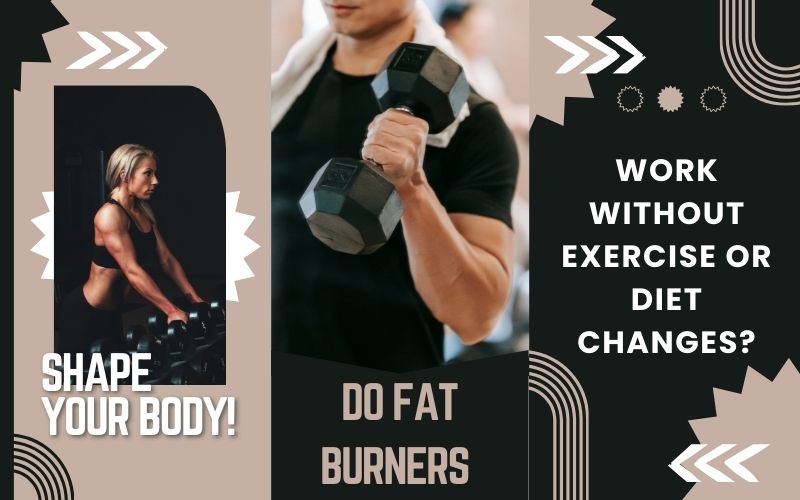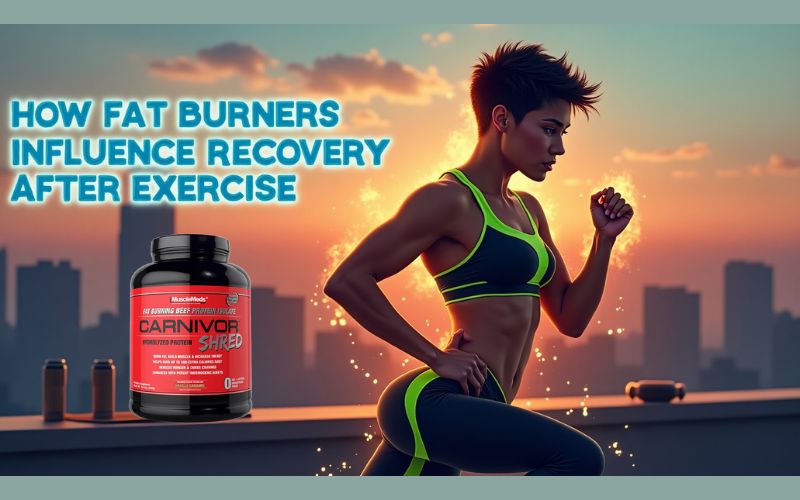Fat burner supplements remain one of the most popular categories in the fitness and wellness industry. In 2025, millions of people still turn to them for weight management, appetite control, and energy boosts. Yet, many users complain that fat burners “don’t work” for them. The reason often lies not in the supplement but in the diet that supports (or sabotages) its effectiveness.
Table of Contents
What Are Fat Burner Supplements?
Fat burner supplements are designed to support weight loss by:
- Boosting metabolism and calorie burn.
- Suppressing appetite.
- Increasing energy and focus during workouts.
They often contain ingredients like caffeine, green tea extract, L-carnitine, CLA, and cayenne pepper extract. While these compounds can help, they are not magic pills—their results depend largely on your nutrition and lifestyle.
🔥 Fuel Your Goals: Pair Smart Diet with Fat Burners for Maximum Results!
How Do Fat Burners Work in the Body?
Fat burners influence the body in three main ways:
- Thermogenesis – raising core temperature to burn more calories.
- Appetite suppression – reducing hunger signals, making calorie control easier.
- Energy boost – supporting longer, more intense workouts.
👉 Without the right dietary foundation, these effects are limited. For example, taking fat burners while still eating in a calorie surplus will not lead to fat loss.
The Role of Diet in Fat Burner Effectiveness
Research shows that diet contributes to 70–80% of fat loss success, while supplements only provide a supportive edge. Here’s why diet is critical:
- Calorie balance: Fat burners may slightly raise calorie burn, but if you consume more calories than you expend, weight loss won’t occur.
- Macronutrient quality: High protein supports muscle retention, healthy fats support hormones, and complex carbs fuel workouts.
- Hydration: Water helps regulate metabolism and prevents dehydration, especially since many fat burners are stimulant-based.
Foods That Enhance Fat Burner Results
Pairing fat burners with the right diet amplifies results. Focus on:
- High-protein foods: Chicken, fish, lean beef, eggs, whey protein → boost satiety and muscle recovery.
- Fiber-rich foods: Vegetables, oats, beans → slow digestion and stabilize blood sugar.
- Thermogenic foods: Green tea, chili peppers, black coffee → naturally raise metabolism.
- Complex carbs: Brown rice, quinoa, sweet potatoes → provide steady energy for workouts.
Foods and Habits That Reduce Fat Burner Effectiveness
Even the strongest fat burner can’t overcome poor eating habits. Avoid:
- Sugary drinks and junk food – spike blood sugar, trigger fat storage.
- Excess alcohol – slows fat metabolism and adds empty calories.
- High sodium diets – cause bloating and water retention, hiding fat loss progress.
- Crash dieting – extreme restriction can slow metabolism and make fat burners less effective.
Timing Matters: When to Take Fat Burners With Your Diet
Timing plays a key role:
- Morning use: Boosts metabolism early in the day.
- Pre-workout: Enhances energy, focus, and calorie burn during training.
- With meals: Taking with protein or complex carbs can reduce stomach discomfort and improve absorption.
⚠️ Avoid combining fat burners with high-caffeine foods (energy drinks, strong coffee) to prevent overstimulation.
Are Fat Burners Safe Without the Right Diet?
Relying on fat burners without a balanced diet may cause:
- Side effects: jitters, insomnia, upset stomach.
- Nutrient deficiencies: if you skip meals or eat too restrictively.
- Plateaus: Supplements can’t override poor nutrition.
Safety always improves when fat burners are paired with a nutrient-dense, calorie-controlled diet.
Expert Insights on Diet & Fat Burners
- Nutritionists emphasize diet first: Supplements should complement—not replace—healthy eating.
- Case study example: Two individuals use the same fat burner; one eats balanced meals, the other relies on fast food. The first loses steady weight, while the second sees little to no change.
This highlights the principle: supplements amplify, not replace, good dietary habits.
Practical Tips to Maximize Results
- Maintain a moderate calorie deficit.
- Prioritize lean protein in every meal.
- Stay hydrated (2–3 liters/day).
- Avoid late-night stimulant use.
- Combine fat burners with strength training and cardio.
- Focus on sleep and stress management.
FAQs: How Diet Affects the Results of Fat Burners
- Can fat burners work without diet changes?
No—without a calorie deficit, fat burners won’t deliver significant results. - What diet is best with fat burners—keto, low-carb, or balanced?
Any diet that creates a calorie deficit can work, but a balanced, high-protein diet is most sustainable. - Do cheat meals ruin fat burner results?
An occasional cheat meal won’t ruin progress, but frequent overeating cancels out the benefits. - Should I take fat burners with food or on an empty stomach?
Many fat burners are best taken before meals, but those sensitive to caffeine may prefer with food. - How much protein should I eat when using fat burners?
Aim for 1.6–2.2g of protein per kg of body weight daily to support muscle and metabolism.
Conclusion
Fat burners can be a useful tool, but they are not a shortcut. The real results come from pairing them with a calorie-controlled, nutrient-rich diet and consistent exercise. When diet is aligned with supplementation, fat burners can enhance energy, support fat metabolism, and accelerate progress.
Remember: diet is the foundation—fat burners are just the boost.














